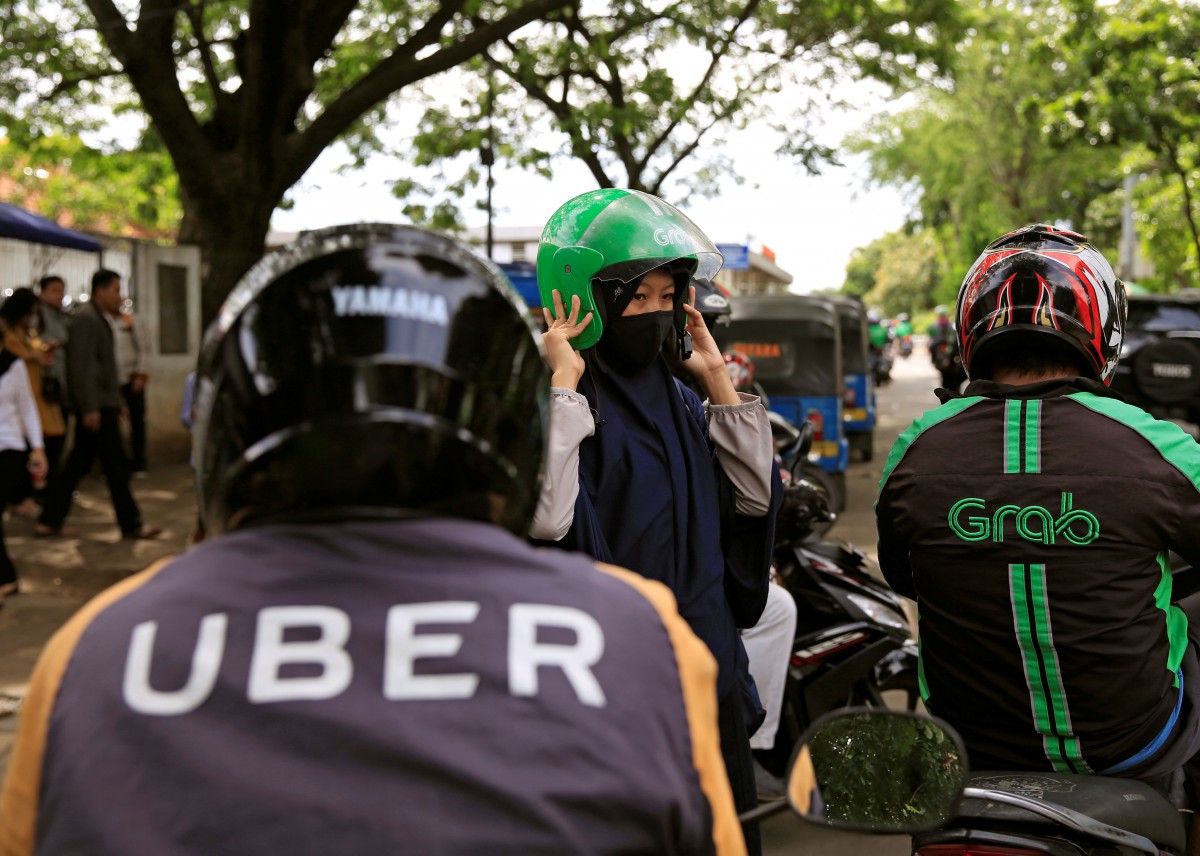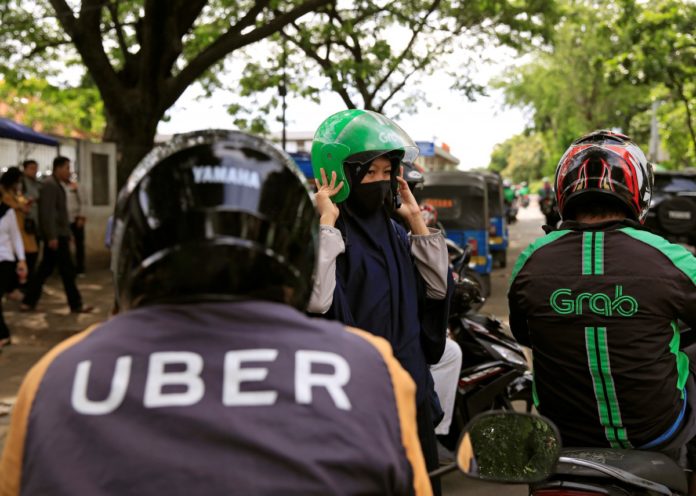GRAB last week unveiled its future plans following the acquisition of Uber in Southeast Asia. The overall vision of the e-hailing company is to provide multiple services through one mobile app, benefitting both consumers and businesses across Southeast Asia.
Such services include seamless mobility, on-demand food delivery, logistics, cashless payments, and financial services.
According to the company, soon consumers will be able to book multiple forms of transport for a journey, pay for their lunch using GrabPay, deliver gifts to their loved ones through GrabExpress, and order their dinner to their front door using GrabFood.
SEE ALSO: What does the Grab buyout of Uber mean for you?
“By building a technology platform that serves the most important everyday lifestyle needs of our consumers, we are benefitting an entire ecosystem of connected users who are not only passengers and driver partners, but also increasingly merchants and delivery partners,” explained Sean Goh, country head of Grab Malaysia.
“We can help everyone, particularly micro-entrepreneurs, grow their businesses and serve consumers better with how each of our service is interlinked,” he adds.
Grab’s vision is inspired by the survey results of consumers in Southeast Asia. After crossing the milestone of one billion rides across the region in October 2017, the company surveyed consumers to discover what they envisioned Grab to be like in ten years time.
The majority of respondents said they wanted an everyday lifestyle app that would complement their daily lives. This interconnected ecosystem of consumer services will benefit consumers, drivers, delivery couriers, and merchants in many ways.
Grab’s vision includes a multi-modal future that serves people’s first and last-mile needs. According to Goh, soon consumers will be able to “mix and match” transport options based on their travel preferences and budget. This includes JustGrab, GrabTaxi, GrabBike, GrabCycle, Grabcoach, and more.
“GrabHeli and GrabPlane … maybe we’ll consider it!” he said.

A passenger of Grab bike fixes her helmet next to Uber driver at Manggarai train station in Jakarta, Indonesia, March 26, 2018. Source: Reuters/Beawiharta
The company’s plans of expanding the use of GrabPay as a mobile wallet beyond transport will enable both consumers and merchants a more seamless way of transacting. It will enable businesses to work towards going cashless, which will both increase productivity and save business costs.
The ride-hailing company also have a number of fintech offerings which aim to create new economic opportunities for millions of small businesses across Southeast Asia.
According to Goh, over six million micro-entrepreneurs across the region have been enabled by Grab’s platform to date. The company has a target of helping 100 million micro-entrepreneurs by 2020.
With the integration of on-demand transport, food, and delivery facilitated by a mobile-wallet, Grab aims to meet the consumers’ everyday needs.
The Grab platform will offer various opportunities for people in Southeast Asia to drive, deliver, or offer their services. With today’s digital economy, people have a greater flexibility to earn an income at their own time and pace. Grab Malaysia has created better income opportunities for more than a hundred thousand driver-partners alone.
SEE ALSO: Uber’s flying taxis will be taking to the skies soon
Grabs food-delivery service GrabFood is currently being piloted in selected areas in Malaysia and will become available in more areas later this month, creating new income and job opportunities for delivery partners.
The new service (which has taken over UberEats in the region) will enable consumers to order and pay for their food effortlessly using GrabPay, with the opportunity to also earn GrabReward points for every order.
“With our acquisition of Uber’s operations in Malaysia and the expansion of GrabFood across the region, we are working with local merchant and delivery-partners to deliver the best of Malaysia’s kitchens to the doorsteps of millions in the very near future,” added Goh.
This article originally appeared on our sister website Tech Wire Asia.





